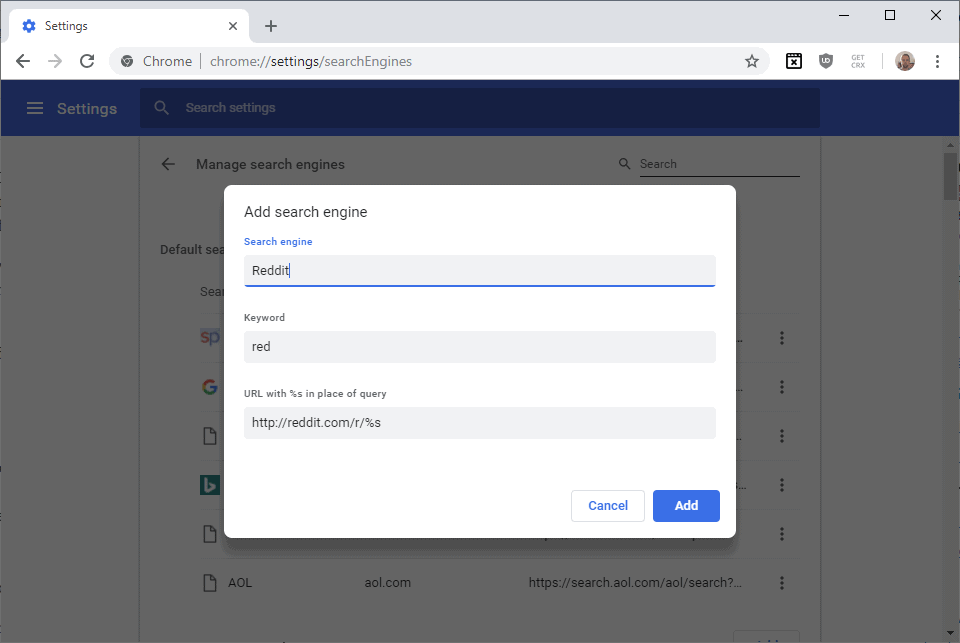
It’s always more reasonable to choose the custom setup option over recommended one in such cases, because the potentially unwanted extra elements will at least be visible that way. As a result, a routine of installing benign freeware, such as a video game, Adobe Flash Player update or movie downloader, may lead to contamination with the hijacker under analysis. The catch is in the way the setup client is configured – it may appear to streamline the installation of a single app while not clearly disclosing that there are additional components tailgating inside as well. For those uninitiated, such a tactic denotes the infiltration of unwanted items into a system as part of a package. This happens in the course of a software installation event that involves bundling. First, the user unknowingly allows the culprit to gain a foothold on the Mac machine. The attack follows a fairly straightforward logic. Rogue search provider pushed by Weknow Mac virus This is a bogus search provider whose objective is to forward the traffic further to a service crammed up with ads. It embeds a malicious add-on in Safari, Google Chrome and Mozilla Firefox without permission and thereby forces hits to Weknow.ac site. The main goal of the Weknow virus, though, is about twisting one’s web surfing experience.
#Firefox or chrome for mac reddit for mac
Its “couple” is a notorious program known as MacKeeper, which has been a major headache for Mac fans for years.

The infection called Weknow is a rare case where fully-fledged browser hijack activity is combined with a drive-by promotion of scareware.


Meanwhile, it’s not very common to see a tandem of these two categories in action. Whilst there is an abundance of existing perils out there, this environment is dominated by adware apps and fake optimizers. The Mac threat landscape is becoming increasingly heterogeneous over time.


 0 kommentar(er)
0 kommentar(er)
